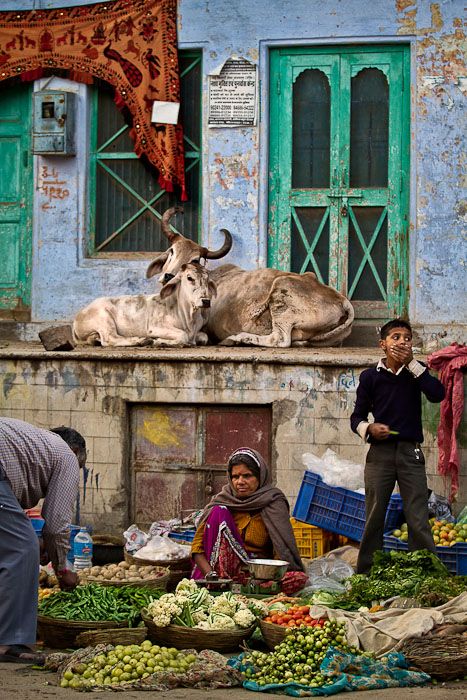Dant Kanti's Popularity in Indian Homes

Dant Kanti has become a prominent name in the Indian oral care market, favored by many households. Its success stems from its Ayurvedic composition and strong connection to Indian values. This article explores the reasons behind Dant Kanti's deep roots in the lives of millions of Indians.
One key factor is Dant Kanti's Ayurvedic base. Unlike many toothpastes relying on chemicals and artificial flavors, Dant Kanti is formulated with natural herbs traditionally used in Indian homes for oral health. Ingredients like neem, babool, clove oil, turmeric, and mint are known in Ayurveda for their antibacterial, anti-inflammatory, and antiseptic properties. These ingredients help prevent tooth decay, strengthen gums, freshen breath, and reduce tooth sensitivity, making it a natural choice for oral care.
Another source of strength is the brand credibility of Patanjali. Founded in 2006 by Acharya Balkrishna and Baba Ramdev, Patanjali has become a major Indian FMCG company. It is recognized for popularizing swadeshi products and reviving ancient Indian knowledge through modern packaging and distribution. Customers view Patanjali products like Dant Kanti as affordable, effective, and authentic. The brand's emphasis on purity, transparency, and patriotism has fostered a sense of ownership and loyalty among its customers.
Baba Ramdev's charismatic image has significantly contributed to Dant Kanti's popularity. As the public face of Patanjali, Baba Ramdev has built trust over decades by promoting yoga, wellness, and Ayurvedic living.
Dant Kanti is also popular for its affordability without sacrificing quality. Priced lower than many conventional toothpastes, it is accessible to a broad range of consumers. Patanjali's extensive distribution network, including exclusive stores, general trade stores, and online platforms, ensures Dant Kanti is readily available, even in rural areas.
Finally, Dant Kanti resonates with the cultural identity of Indian consumers. It represents a return to Indian traditions, celebrating Indian wisdom and self-reliance. In a world often dominated by Western influences, Dant Kanti stands as a symbol of Indian pride, supported by strong emotional and cultural connections.
You may also like...
In the Shadows of the Signal: How Africa is Fighting a War It Cannot See

The article discusses the growing threat of cyberattacks in Africa, likening it to a "quiet war" being waged through dig...
Beyond Fintech, A Continent on the Rise

Africa's tech landscape is rapidly diversifying beyond fintech. Discover how innovation in sectors like AI, health tech,...
Should Religion Still Dictate Morality in a Secular Age?

This bold essay unpacks the complex relationship between faith, law, and public life—exploring where religion uplifts mo...
Africa’s AI Moment: Are We Innovating or Just Consuming?

As AI reshapes Africa’s digital landscape, the continent stands at a crossroads: Will it lead innovation or remain a tes...
The Rise of AfroAnimation: How African Studios Are Telling Our Stories With Global Appeal
(26).jpeg)
African animation is breaking boundaries as studios across the continent craft vibrant, culturally-rooted stories with g...
Digital Dakar: Why Senegal Is Africa’s Next Fintech Capital

Senegal’s capital, Dakar, is emerging as Africa’s next fintech powerhouse, driven by mobile money innovations, a youthfu...
The Global South Doesn’t Need a Savior: It Needs Equity

This incisive essay dismantles the outdated saviour complex, calling for a bold shift from patronising charity to genuin...
The Strangers Next Door: A New Dilemma at Africa’s Threshold

The article discusses the deportation of African nationals by the United States to eSwatini, a small southern African ki...



